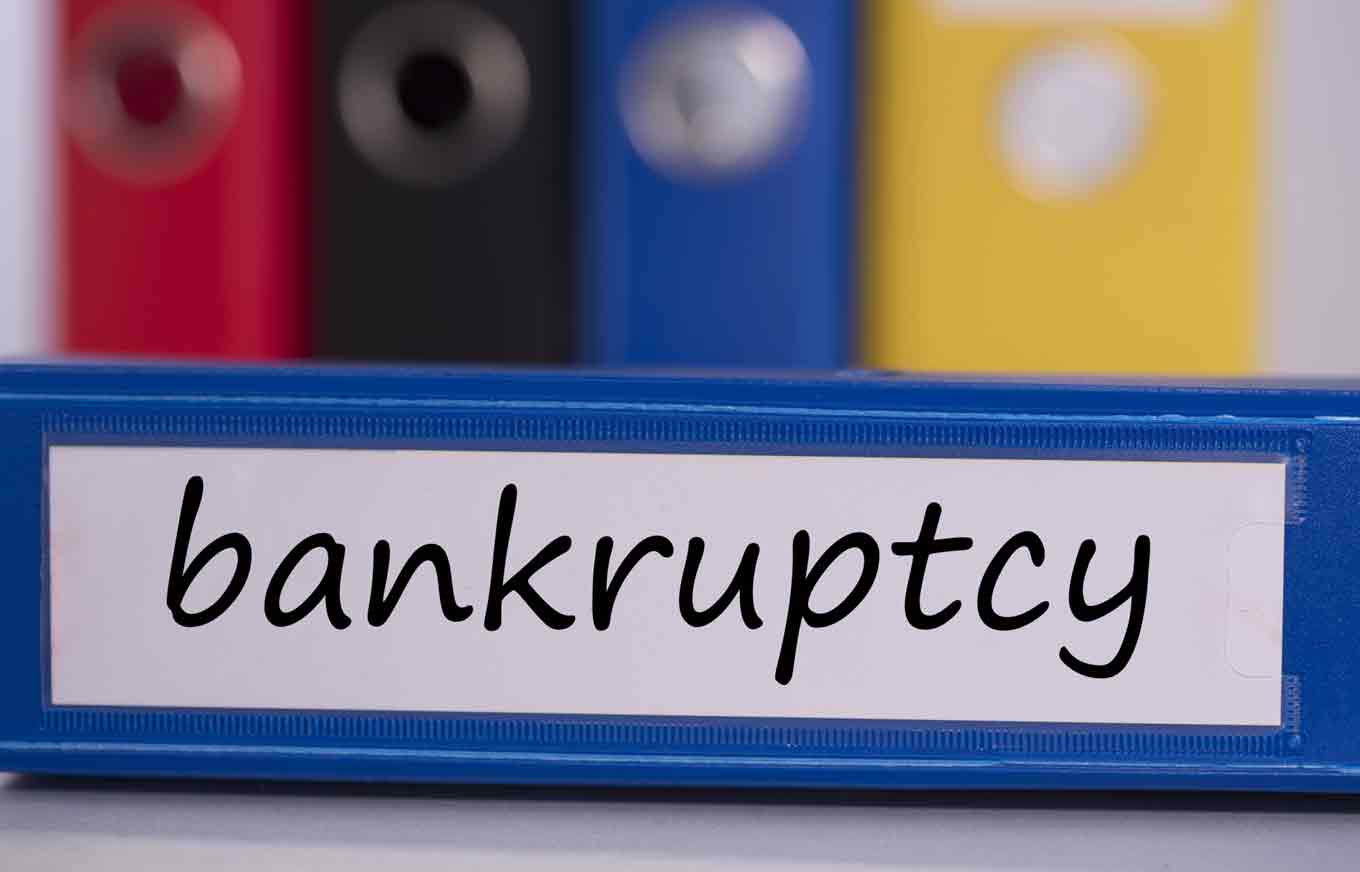
Repaying student loan debt can put a strain on your finances, especially if you’re experiencing income loss or you have other outstanding debts to repay. Filing bankruptcy on student loans may seem like the only option — but there are other ways to manage your education debt.
A student loan refinance could lower your monthly payments while saving money on interest. It can also help avoid the negative credit score impacts of filing for bankruptcy. If you’re looking to lock in lower rates, multi-lender marketplace Credible can help. Compare private lenders to determine if now is the time to refinance, based on your loan type, loan amount and more.
Here’s a closer look at the pros and cons of using bankruptcy to get rid of student loans.
Explore a student loan refinance
Pursuing a student loan refinance could be a better alternative to filing bankruptcy, if you want to avoid negative credit score impacts and get a better handle on your student loans. Refinancing means taking out a new loan to pay off the old ones.
“The big pro of this strategy is that you might be able to obtain a lower interest rate and/or longer term on your new loan, giving you lower monthly payments,” said Derek Brainard, director of financial education at AccessLex Institute and co-host of the “LEX Talk Money!” podcast. A lower interest rate could also translate into saving money.
For example, say you have $55,000 in student loans with a 6.8% interest rate. Your monthly payment is $682 and you have nine years remaining in your loan term. You refinance to a new loan with a 10-year term at 4.25%. That reduces your monthly payment to $563 and saves you just over $6,000 in interest over the life of the loan.
Lower rates could yield even more savings. Private student loans are seeing historic low-interest rates right now, which could make loan refinancing more attractive.
It’s also helpful to use a student loan refinancing calculator to see what your new monthly payments might be.
Keep in mind you may not be able to refinance student loans if you’re in default, said Brainard. If your loans are in good standing, you may be able to qualify for student loan refinancing if you have a good credit history or a cosigner with good credit who’s applying with you.
What are other student loan options?
Aside from refinancing student loans, there are other things that could help with managing student debt such as:
- Exploring student loan forgiveness
- Income-driven repayment
- Requesting economic hardship forbearance or deferment
Exploring student loan forgiveness: If you have federal student loans, you could explore whether student loan forgiveness might be an option. Public Service Loan Forgiveness is available to borrowers who are pursuing careers in public service. You need to be enrolled in an income-driven repayment plan and make 120 qualifying monthly payments to be eligible.
Income-driven repayment: Even if you aren’t looking for student loan forgiveness, you could still consider income-driven repayment for managing federal student debt. This can help reduce your payments to fit your income so you’re under less financial pressure to consider bankruptcy.
Requesting economic hardship forbearance or deferment: Calling your loan servicer or lender and requesting an economic hardship forbearance or deferment is another option. Either one can allow you to temporarily pause student loan payments. Keep in mind interest can accrue during this period, potentially leaving you with a higher balance to pay off later.
Can you file for bankruptcy on student loans?
Yes, filing for bankruptcy is a legal process and you may benefit from hiring a bankruptcy attorney, though you can submit the paperwork yourself. You do have to pay a fee to file a bankruptcy petition and you’ll need to undergo credit counseling as part of the proceeding.
Successfully filing bankruptcy on student loans and having the debt discharged hinges largely on your ability to prove that you have an ongoing financial hardship that makes you unable to pay.
“Be prepared to show that you’ve made a good faith effort before applying for bankruptcy to pay the loans by contacting your servicer and requesting an alternative repayment plan,” Brainard said. “The court will ultimately decide whether your loan will be fully or partially discharged, or if you can continue paying with modifications to the loan term or interest rate.”
If loans are fully discharged, you won’t owe anything else to your lender or loan servicer. Before you file, consider the costs involved and the potential credit score impacts and whether a student loan refinance could make more sense.
How does bankruptcy affect my credit?
Bankruptcy is often considered a last resort option for managing debt, student loan-related or otherwise because of the effect it can have on your credit. Here’s how:
- It can linger on your credit reports for up to 10 years
- Bankruptcy can cost you significant points on your credit score
- It can make it more difficult to borrow money in the future
- It can make it more difficult to get utilities in your name or lease an apartment
- If you’re approved for loans or credit, you’ll likely pay higher interest rates
The full extent of the damage may depend on what your credit was like before you filed.
“Borrowers with a moderate to high credit score pre-bankruptcy are likely to see sharper declines than those with already low scores,” said Brainard.